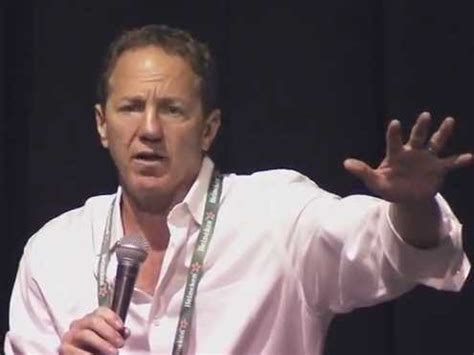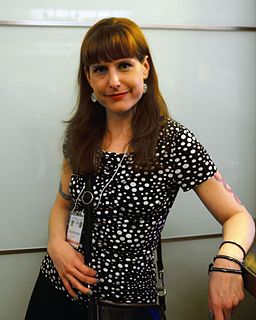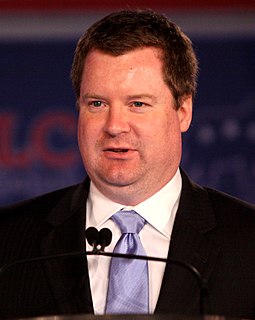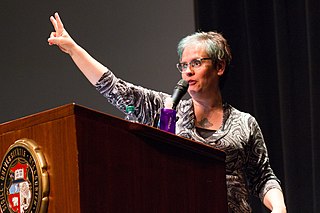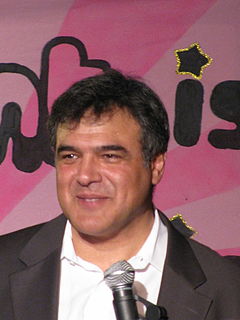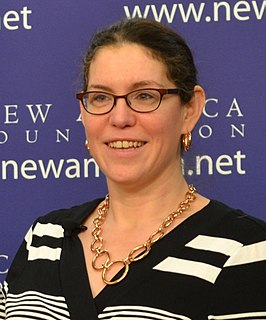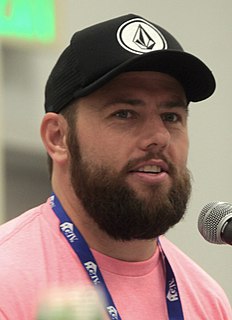A Quote by Julie Zeilinger
I actually felt like college was a much better and more comfortable environment for me than high school was. I think that can largely be attributed to the fact that I go to Barnard, which is a women's college that promotes women's leadership, a strong community and independence which are all things I obviously value. Before I got to school I think I expected most women there to identify as feminist, which I found wasn't necessarily the case, but I loved that I was able to have really intelligent and stimulating conversations with women about feminism no matter how they identified.
Quote Topics
Able
About
Actually
All Things
Attributed
Before
Better
Case
College
Comfortable
Community
Conversations
Environment
Expected
Fact
Felt
Feminism
Feminist
Found
Go
Got
High
High School
How
Identified
Identify
Independence
Intelligent
Largely
Leadership
Like
Loved
Matter
Me
More
Most
Much
Necessarily
Obviously
Really
School
Stimulating
Strong
Strong Community
Than
Things
Think
Value
Which
Women
Related Quotes
I went to a girls high school and I went to a women's college and when I first started teaching at Georgetown it had been a single sex school and so they wanted to have some women professors when they went co-ed, and so I originally was hired to start a program there, and really encourage women to go into foreign policy. I always have done that, and I really do think that things are better when women are involved.
All year there have been these cover stories that the women's movement is dead and about the death of feminism and the post-feminist generation of young women who don't identify with feminism - and then we have the biggest march ever of women in Washington. More people than had ever marched for anything - not only more women, but more people.
Norman Mailer loved women so much. I mean probably more than anything in the world he loved women. He got put into a position where he was kind of seen as the anti-feminist, although he was for the feminist movement. He just didn't want people to get consumed with the idea that this was going to be much better. He said, "Look, women should be treated equally and fairly."
I believe I was raised with feminist values, but I don't think I ever heard my Mom call herself a feminist. Before I identified as a feminist myself, I thought of feminism as more of a historical term describing the women's movement in the '70s but didn't know much about what they had done and didn't think it applied to my life at all.
On Girls I like being a mouthpiece for the issues I think young females face today. It’s always shocking when people question whether it’s a feminist show. How could a show about women exploring women not be? Feminism isn’t a dirty word. It’s not like we’re a deranged group who think women should take over the planet, raise our young on our own and eliminate men from the picture. Feminism is about women having all the rights that men have.
There was no real strategic decision about editorial tone. It was kind of a write whatever you want to write, and we'll see how it goes. I think that we lucked out in that all of the women who started writing at Feministing.com were really funny, and I don't think that's something people are used to seeing or hearing when they read feminism. You know, you think feminism and you kind of think academic, women's studies, dry, humorless; there are all of these stereotypes that go along with what feminist thought is and what feminist writing is.
I've always loved strong women, which is lucky for me because once you're over about twenty-five there is no other kind. Women blow my mind. The stuff that routinely gets done to them would make most men curl up and die, but women turn to steel and keep on coming. Any man who claims he's not into strong women is fooling himself mindless; he's into strong women who know how to pout prettily and put on baby voices, and who will end up keeping his balls in her makeup bags.
I came from an educated, upper middle-class family. My mother was a Persian and history teacher at a large high school for girls. Many of the women in my extended family and in our circle of friends were professionals. In those days, women were a vital part of the economy in Kabul. They worked as lawyers, physicians, college professors, etc., which makes the tragedy of how they were treated by the Taliban that much more painful.






